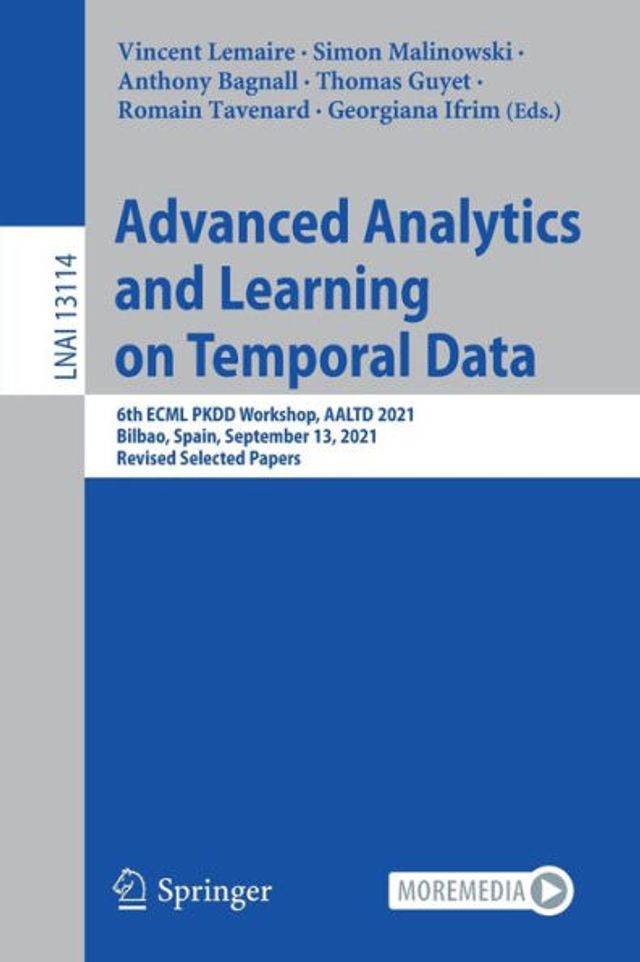Home
Alexander of Aphrodisias: On Aristotle Prior Analytics: 1.8-13 (with 1.17, 36b35-37a31)
Barnes and Noble
Alexander of Aphrodisias: On Aristotle Prior Analytics: 1.8-13 (with 1.17, 36b35-37a31)
Current price: $51.95


Barnes and Noble
Alexander of Aphrodisias: On Aristotle Prior Analytics: 1.8-13 (with 1.17, 36b35-37a31)
Current price: $51.95
Size: OS
Loading Inventory...
*Product information may vary - to confirm product availability, pricing, shipping and return information please contact Barnes and Noble
The commentary of Alexander of Aphrodisias on Aristotle's
Prior Analytics
1.8-22 is the main ancient commentary, by the 'greatest' commentator, on the chapters of the
in which Aristotle invented modal logic - the logic of propositions about what is necessary or contingent (possible). In this volume, which covers chapters 1.8-13, Alexander of Aphrodisias reaches the chapter in which Aristotle discusses the notion of contingency. Also included in this volume is Alexander's commentary on that part of
1.17 which explains the conversion of contingent propositions (the rest of 1.17 is included in the second volume of Mueller's translation). Aristotle also invented the syllogism, a style of argument involving two premises and a conclusion. Modal propositions can be deployed in syllogism, and in the chapters included in this volume Aristotle discusses syllogisms consisting of two necessary propositions as well as the more controversial ones containing one necessary and one non-modal premiss. The discussion of syllogisms containing contingent propositions is reserved for Volume 2. In each volume, Ian Mueller provides a comprehensive explanation of Alexander's commentary on modal logic as a whole.
Prior Analytics
1.8-22 is the main ancient commentary, by the 'greatest' commentator, on the chapters of the
in which Aristotle invented modal logic - the logic of propositions about what is necessary or contingent (possible). In this volume, which covers chapters 1.8-13, Alexander of Aphrodisias reaches the chapter in which Aristotle discusses the notion of contingency. Also included in this volume is Alexander's commentary on that part of
1.17 which explains the conversion of contingent propositions (the rest of 1.17 is included in the second volume of Mueller's translation). Aristotle also invented the syllogism, a style of argument involving two premises and a conclusion. Modal propositions can be deployed in syllogism, and in the chapters included in this volume Aristotle discusses syllogisms consisting of two necessary propositions as well as the more controversial ones containing one necessary and one non-modal premiss. The discussion of syllogisms containing contingent propositions is reserved for Volume 2. In each volume, Ian Mueller provides a comprehensive explanation of Alexander's commentary on modal logic as a whole.
















